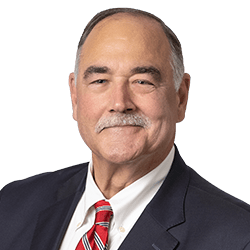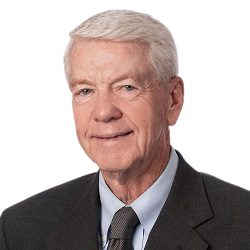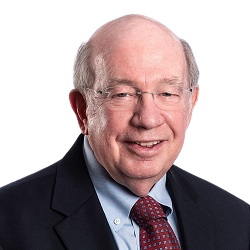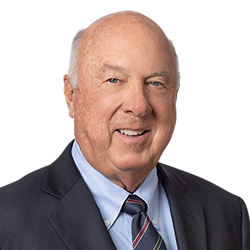Automotive & Heavy Equipment

Product Liability Law Blog
Right to Repair Laws: An Overview and Legislative Update

Employment & Labor Law Blog
Missouri Supreme Court establishes elements of a claim for aiding and abetting discrimination, and more

Employment & Labor Law Blog
NLRB Lacked Substantial Evidence to Find Unfair Labor Practice, Eighth Circuit Finds


Employment & Labor Law Blog
NLRB in the Crosshairs of an Unexpected Foe: Big Labor




Employment & Labor Law Blog
EEOC Issues Its Year End Litigation Round Up and Strategic Enforcement Plan for the Next 5 Years

Employment & Labor Law Blog
New NLRB Joint Employer Rule Greatly Expands Bargaining, Other Obligations

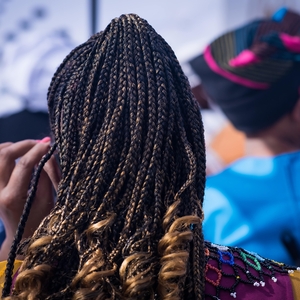
Employment & Labor Law Blog
Lawrence, KS Passes CROWN Act Ordinance Banning Race-Based Hair Discrimination
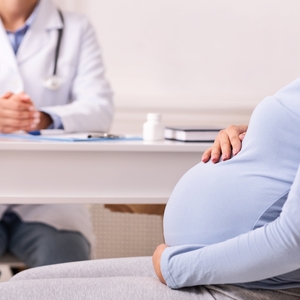
Employment & Labor Law Blog
EEOC Issues Proposed Regulations to Implement the Pregnant Workers Fairness Act
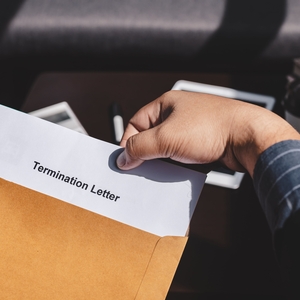
Employment & Labor Law Blog
Tenth Circuit Decision Provides Excellent Discussion of Burden to Show Pretext in Discrimination Cases

Product Liability Law Blog
The Impact of Mallory v. Norfolk Southern R. Co. in Illinois, Missouri & Kansas
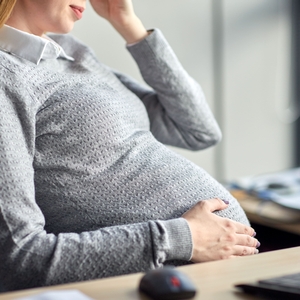
Employment & Labor Law Blog
Let's Talk About the New Law Impacting Accommodations for Pregnant Workers



Employment & Labor Law Blog
Summary Judgment Dismissing Claims of Pregnancy and Disability Discrimination Affirmed by the Tenth Circuit


Employment & Labor Law Blog
Can an employee's hostile, abusive, or offensive speech actually be protected and, if so, when?


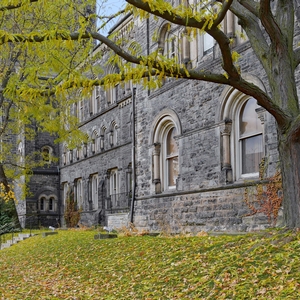
Employment & Labor Law Blog
Eighth Circuit Rejects College Instructor's Claims of Sex Discrimination and Hostile Work Environment

Employment & Labor Law Blog
EEOC continues to prioritize its focus on the use of artificial intelligence in employment decisions.

Employment & Labor Law Blog
FTC Proposes Rule to Ban Non-Compete Agreements

Insurance Law Blog
Appeals Court Affirms Household Exclusion to Limit UIM Claim



Employment & Labor Law Blog
Last Exit to Seattle? Supreme Court to Determine Which Strike Tactics are Protected
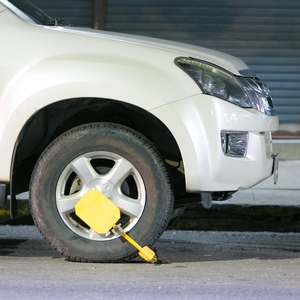
Financial Services Law Blog
Secured Creditors of Missouri Get Some Guidance and Good News from the Missouri Supreme Court


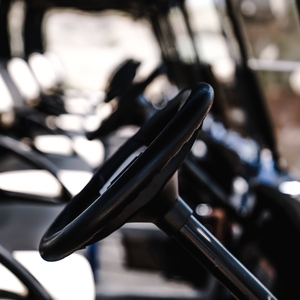



Missouri Law Blog
Missouri Debates Shortening its Personal Injury Statute of Limitations

Insurance Law Blog
Jury's Award Proves Fatal to Plaintiff's Bad Faith Claim

Illinois Law Blog
TRO Puts Illinois Judicial Circuit Redistricting to a Halt

Missouri Law Blog
The Pandemic Continues to Impact Kansas City Area Trials and Verdicts


Product Liability Law Blog
Year in Review: A Midwest-Focused Review of 2021 Product Liability Cases
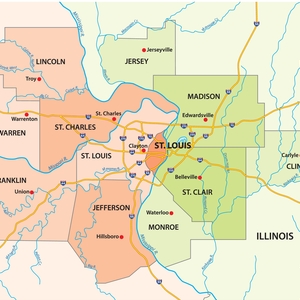
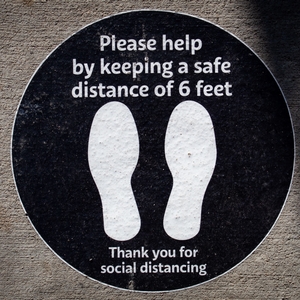
Employment & Labor Law Blog
They're Baaaaccckkkk: New COVID-19 Guidelines for Your Vaxed and Vexed Employees

Employment & Labor Law Blog
Department of Labor Withdraws Employer-friendly FLSA Test for "Employee" Classification

Employment & Labor Law Blog
Do You Have a Record? From Conviction History to EEO-1 Reports, Illinois Imposes New Requirements on Employers

Employment & Labor Law Blog
Are Jury Instructions "At-Will?" Not Under the Missouri Human Rights Act

Employment & Labor Law Blog
OK, Boomer...Does Your Employee Have an Age Discrimination Claim?

Product Liability Law Blog
Jurisdictional Expansion: Specific Personal Jurisdiction Just Got Broader

Employment & Labor Law Blog
Get Woke: Millennials and Age Discrimination

Missouri Law Blog
Missouri Debates Adding a Statute of Repose

Missouri Law Blog
The Kansas City Area Saw Trials Plummet in 2020 Due to the Pandemic






Missouri Law Blog
Got A Product Problem? Go To The Origin.

Missouri Law Blog
Missouri House Approves Stricter Standards for Punitive Damages Claims

Employment & Labor Law Blog
Employees Aggrieved Out-of-State Cannot Sue Missouri-based Employers under the Missouri Human Rights Act.



Product Liability Law Blog
Illinois First District Appellate Court upholds $4.8 million asbestos verdict against John Crane.




Employment & Labor Law Blog
Arbitration Agreements 101: they require - you guessed it - agreement.




Missouri Law Blog
Hopping on the Missouri Bandwagon? Not so Fast Out-of-State Litigants.

Missouri Law Blog
City of St. Louis - Still A Judicial Hellhole

Product Liability Law Blog
Federal Preemption Doesn't Bar Railroad's Suit Against Locomotive Seat Manufacturer

Missouri Law Blog
ANTI-FORUM SHOPPING: Limitation on Joinder in Missouri on the Horizon

Employment & Labor Law Blog
Gender Stereotypes Now Serve as a Basis for Sex Discrimination Claim under the MHRA


Missouri Law Blog
The Balancing Act of OSI Evidence

Product Liability Law Blog
You've Got Mail - Service of Process by Mail is Satisfactory under the Hague Service Convention


Missouri Law Blog
The Daubert Standard - Coming Soon to a Missouri Court Near You

Product Liability Law Blog
Federal Judges Blow Their Stacks Over Boilerplate Objections

Employment & Labor Law Blog
Employees: Yes, You Can Owe Duties To Your Co-Employees


Employment & Labor Law Blog
Constructive Discharge Claims: When Does the 45-Day Period for Initiating Contact with the EEOC Begin to Run?




Employment & Labor Law Blog
The Eighth Circuit Provides Clarity on Outside Sales Exemption and Waiver Requirements under FLSA

Product Liability Law Blog
The Supreme Court's Jurisdictional Stretch in Resolving the Evidence Needed to Support a CAFA Removal


Product Liability Law Blog
In a differential etiology, experts need not rule out all possible causes

Kansas Law Blog
Punitive Damages Part 1: Don't Get Caught Flat-Footed

Kansas Law Blog
Kansas abolishes assumption of the risk defense.



Product Liability Law Blog














